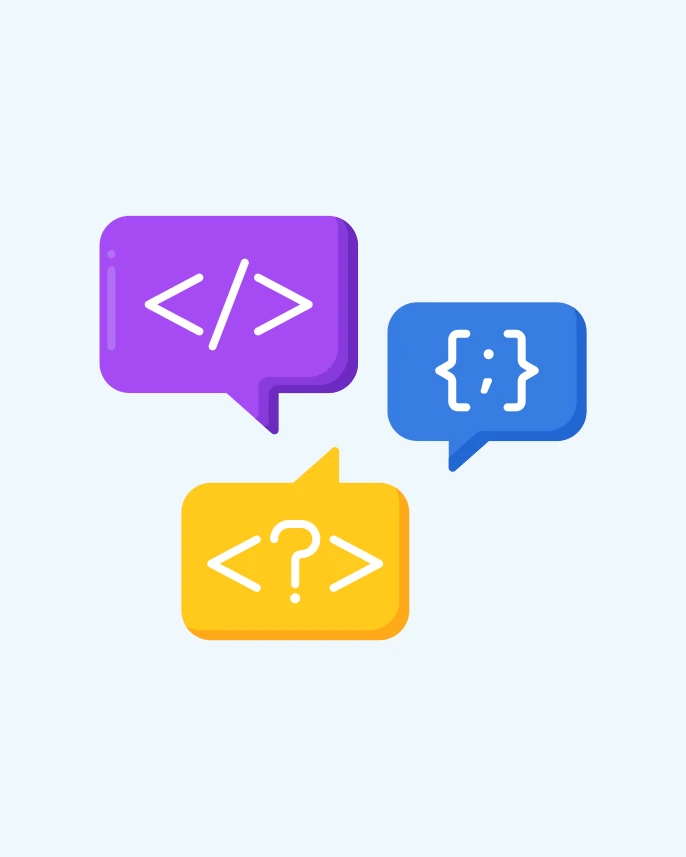Programming languages are tools that developers use to create software applications. While some languages are user-friendly and easy to learn, others are notoriously difficult. These challenging languages often come with steep learning curves, but they also offer unique benefits that can make them worth the effort. This article takes a closer look at some of the most difficult programming languages to learn and the unique advantages they offer.
Difficult Programming Languages and Their Benefits
Assembly Language
Assembly is one of the oldest programming languages, often used to directly manipulate hardware. It’s considered difficult because it requires a deep understanding of computer architecture and memory management. However, its benefit lies in its ability to produce highly efficient and performance-optimized code, crucial for system-level programming.
C++
C++ is a powerful and complex language known for its flexibility and efficiency. It’s considered hard to learn due to its syntax, memory management, and the broad range of concepts it includes. Yet, mastering C++ can give you a deep understanding of how software interacts with hardware, making it invaluable for high-performance applications.
Prolog
Prolog is a logic programming language used primarily in artificial intelligence and linguistics. Its difficulty lies in its paradigm, which is vastly different from popular procedural and object-oriented languages. However, it excels in tasks that involve complex problem-solving and pattern matching, making it uniquely suited for AI development.
Haskell
Haskell is a purely functional programming language, a paradigm that avoids changing-state and mutable data. This makes it quite difficult for developers accustomed to imperative programming languages. However, Haskell’s strength lies in its strong static type system and mathematical nature, which can lead to safer, more reliable code.
Malbolge
Designed to be almost impossible to use, Malbolge is more of a brain teaser than a practical programming language. It’s difficult due to its intentionally obfuscated and cryptic nature. While it offers little practical benefit, cracking its code can be a unique challenge for those who enjoy intellectual puzzles.
The Benefits of Learning Difficult Programming Languages
Enhanced Problem-Solving Skills
Tackling difficult programming languages can greatly enhance your problem-solving skills. The challenge of understanding complex syntax and concepts can make you a more adaptable and resourceful programmer.
Versatility and Adaptability
Mastering complex languages can give you a broad perspective on programming, making you more versatile and adaptable. You’ll be better equipped to learn new languages and grasp diverse programming paradigms.
Competitive Advantage
Understanding difficult languages can give you a competitive edge in the job market. These languages are often used in specific, high-demand areas of software development, such as system-level programming and artificial intelligence.
Conclusion: Embracing the Challenge
Learning difficult programming languages is undoubtedly a challenge. It requires time, patience, and a deep commitment to understanding complex concepts. However, the benefits of mastering these languages can be significant. From enhancing your problem-solving skills to giving you a competitive edge in the job market, the advantages of learning these complex languages can outweigh the challenges.
Whether you’re a seasoned developer seeking a new challenge or a programming enthusiast eager to broaden your horizons, tackling these difficult programming languages can be a rewarding endeavor. So, don’t shy away from the challenge – embrace it. The knowledge and skills you gain could open up new avenues in your programming career and take your software development capabilities to new heights.
Learn more about development at DFID.com
